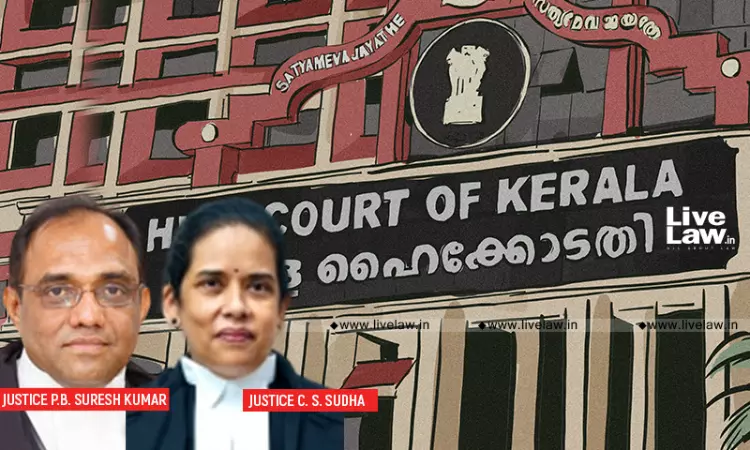Principle Of Merger Should Not Be Applied Absolutely In Contempt Cases: Kerala High Court Overrules 2011 Decision
Hannah M Varghese
4 Aug 2023 3:55 PM IST

Next Story
4 Aug 2023 3:55 PM IST
The Kerala High Court on Tuesday held that the principle of merger is not universally applicable to contempt cases and that its application varies depending on the nature of the appellate or revisional order and the statutory provisions conferring jurisdiction. A Division Bench of Justice P.B. Suresh Kumar and Justice C.S Sudha added that applying it absolutely could lead to...
